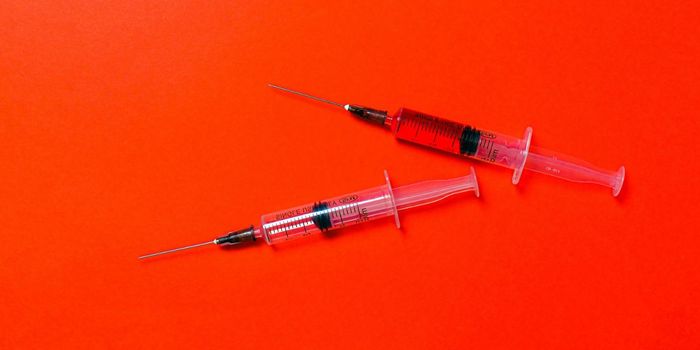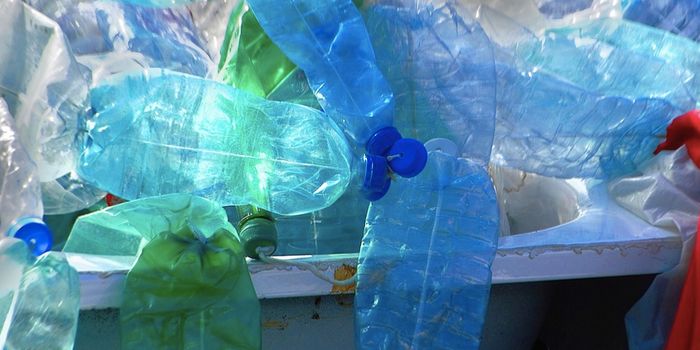Researchers Crowdfund $30 Million for Psychedelic Therapy for PTSD
In a historic feat, the Multidisciplinary Association for Psychedelic Studies (MAPS) has raised $30 million to complete the final phases of its clinical trials for MDMA-assisted psychotherapy to treat Post Traumatic Stress Disorder (PTSD). Should the results remain positive, the treatment will be the first psychedelic-assisted psychotherapy to gain approval by the FDA.
"We finally raised the $30 million we need to complete our Phase III trials- which is utterly amazing to us." says Rick Doblin, founder of MAPS. "In the middle of the pandemic and a global financial meltdown, within a couple of months, we raised $30 million in multi-year pledges. And that'll be enough for us to get the treatment approved, assuming the data works out, in the US, Israel, and Canada."
While the bulk of the funding came from members of the Psychedelic Science Funders Collaborative, the organization received smaller donations from over 2,500 people, including members of the public.
The news comes after an interim analysis of ongoing Phase III clinical trials by an independent data community that the trials are more than 90% likely to achieve statistically significant, positive results, and the release of its full clinical data from its Phase II trials. While full data from Phase III trials will not be available for some time, results from Phase II trials showed that 56% of patients treated with MDMA-assisted psychotherapy no longer met the criteria for PTSD at a two-month follow-up. This compares to just 23% of those in control groups treated either with regular psychotherapy or psychotherapy alongside a lower dose of MDMA.
What's more, at the 12-month follow-up, the number of people who no longer met the criteria for PTSD in the MDMA group rose from 56% to 67%. When asked why this was the case, Doblin said that the therapy teaches people strategies to process fearful emotions. Continuing to apply these beyond therapy then allows them to continue the recovery process.
Given the high upfront costs of MDMA-assisted psychedelic therapy, the curative factor beyond treatment itself is important for larger-scale adoption. The treatment so far requires two psychotherapists per patient for twelve 90-minute regular psychotherapy sessions and three 8-hour long MDMA sessions. The fact that results are not only sustained but continue to improve afterward, makes the therapy more financially viable for healthcare systems, insurance companies, and patients' pockets.
But how does MDMA work? While its mechanisms are not yet completely understood, current research shows that it is able to reduce activity in the amygdala (the brain's emotional center) as well as increase levels of oxytocin, the 'love hormone', known to enable trust and social bonding. Suppressing activity in the amygdala allows patients to access and process fearful memories with less pain. Meanwhile, increasing oxytocin makes it easier for patients to form a strong bond with their therapists- a key factor for improving treatment outcomes.
Currently, MAPS has just concluded its the first part of its Phase III trials and hopes to have preliminary data available in September. Due to disruptions from the COVID-19 pandemic, the organization could not open several of its Phase III trial sites in the US, Israel, and Canada. This means that FDA approval of the treatment will likely be delayed by a few months to a year- achieving certification either in late 2022 or early 2023.
Regardless of when approval happens, however, the team at MAPS remains positive. According to Doblin and many others in the field, should MDMA-assisted psychotherapy gain FDA approval, within just a few years, we may very well see psychedelic clinics popping up around the world in their thousands.
As such, they believe that FDA approval for MDMA-assisted psychotherapy will be a large blow to the current stigma- and taboo- around taking psychedelics. And in doing so, it may just help them not just become a frontline mental health treatment, but also a quintessential part of self-care and personal growth.
Sources: Psychology Today, MAPS, PMC, LabRoots, Springer









